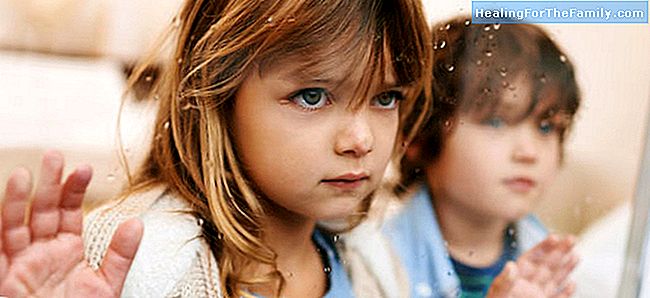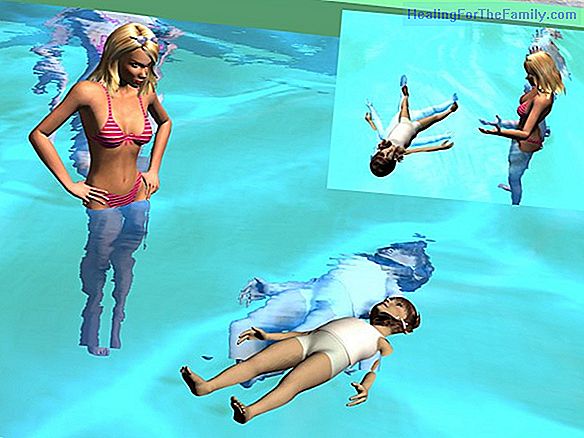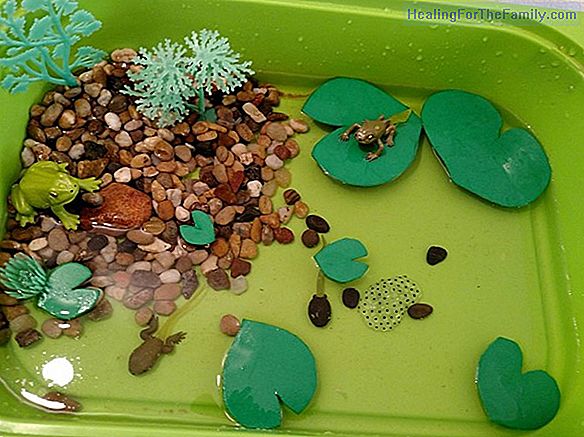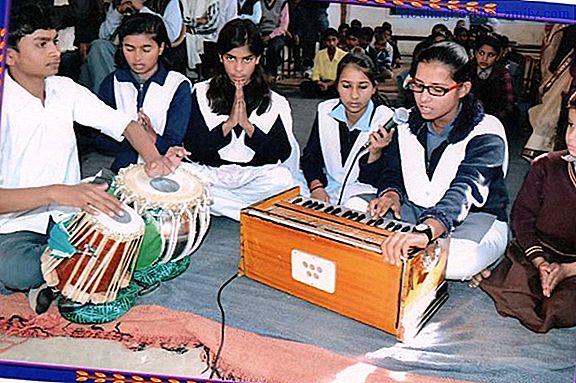Tips to help the child fight sadness
Sadness is a basic emotion as well as joy, anger or fear. Being sad fulfills an adaptive and necessary function for emotional balance. In fact, if we know how to handle it well, this emotion helps us overcome many of the problems that appear throughout life. The function of sadness is to motivate us
Sadness is a basic emotion as well as joy, anger or fear. Being sad fulfills an adaptive and necessary function for emotional balance. In fact, if we know how to handle it well, this emotion helps us overcome many of the problems that appear throughout life.
The function of sadness is to motivate us to ask for help in times of pessimism or loneliness, and to reflect on the situation we live in and push us towards a new personal integration in order to overcome this "scenario". The problem is that in the society we live in, sadness is an emotion that is frowned upon and that as soon as it appears it is suppressed, creating serious consequences for those who suffer it; whether they are adults or even children. If it is not suppressed, what we can do is help the child to fight sadness.
How sadness can be manifested in children

Sadness can be manifested in children in a similar way than in adults without exception, other times this emotion can present itself in a more subtle way. Be that as it may, the child may experience sudden changes in behavior and parents should be attentive to how the child acts.
The child may feel apathetic, listless, cry for everything, just want to sleep, not want to eat, talk little when he is a child who likes to do it .... Or on the contrary, we can see that he is anxious, can not sleep or sleeps badly and eats excessively.
When sadness is diminished
Children can feel sad due to various events such as: a move, a change of school, a long trip of one of the parents, the death of your pet, etc. Parents do not like to see their children sad, or go through this type of situation. Therefore, try to avoid feeling that way instead of looking for the effective way to talk about sadness and be able to help them.
Other times, when it is not possible to prevent the child from feeling this way, parents often fall into other errors such as: downplaying the situation, scolding or punishing them.
Therefore, playing down the importance of when children feel sad can not be helped, quite the contrary. What is achieved is to push the children to silence, not to trust their parents and to "get away".
Tips to help the child fight sadness
It is important for parents to help their children understand what they feel. That they learn to recognize the states of mind that they suffer and know how to express them with words. For this, it is important that:
- Do not be afraid to recognize sadness. Being sad is a state of mind like others. It must be explained to the child that despite being an emotion that we do not like it is normal to feel this way and that we all suffer this feeling once when we lose something, we feel alone or rejected.
- Parents do not hide their sadness. Children learn from the example and emotional expressions of their parents. Therefore, to help the child fight sadness, it is important that parents explain to them why they feel sad to have examples of experiences when they feel that way.
- Help the child identify his feelings. Many times children are confused and express themselves aggressively by pushing or shoving. Sadness often goes hand in hand with anger and frustration. Parents should talk with the children to help them identify this feeling, leaving space for them if they need it. Help them to vent but teaching them to do it with respect.
- Listen. It is important that you feel heard and that you know you have a space and time to explain how you feel.
- Teach not to hide their emotions. Whatever emotion the child feels is important and must be taught to manifest them.
- Use the hugs. Help the child feel well as well as reduce tension and increase their self-esteem.
- Make a list of the good things you have. It will help the child see all the good things around him to combat his pessimism












